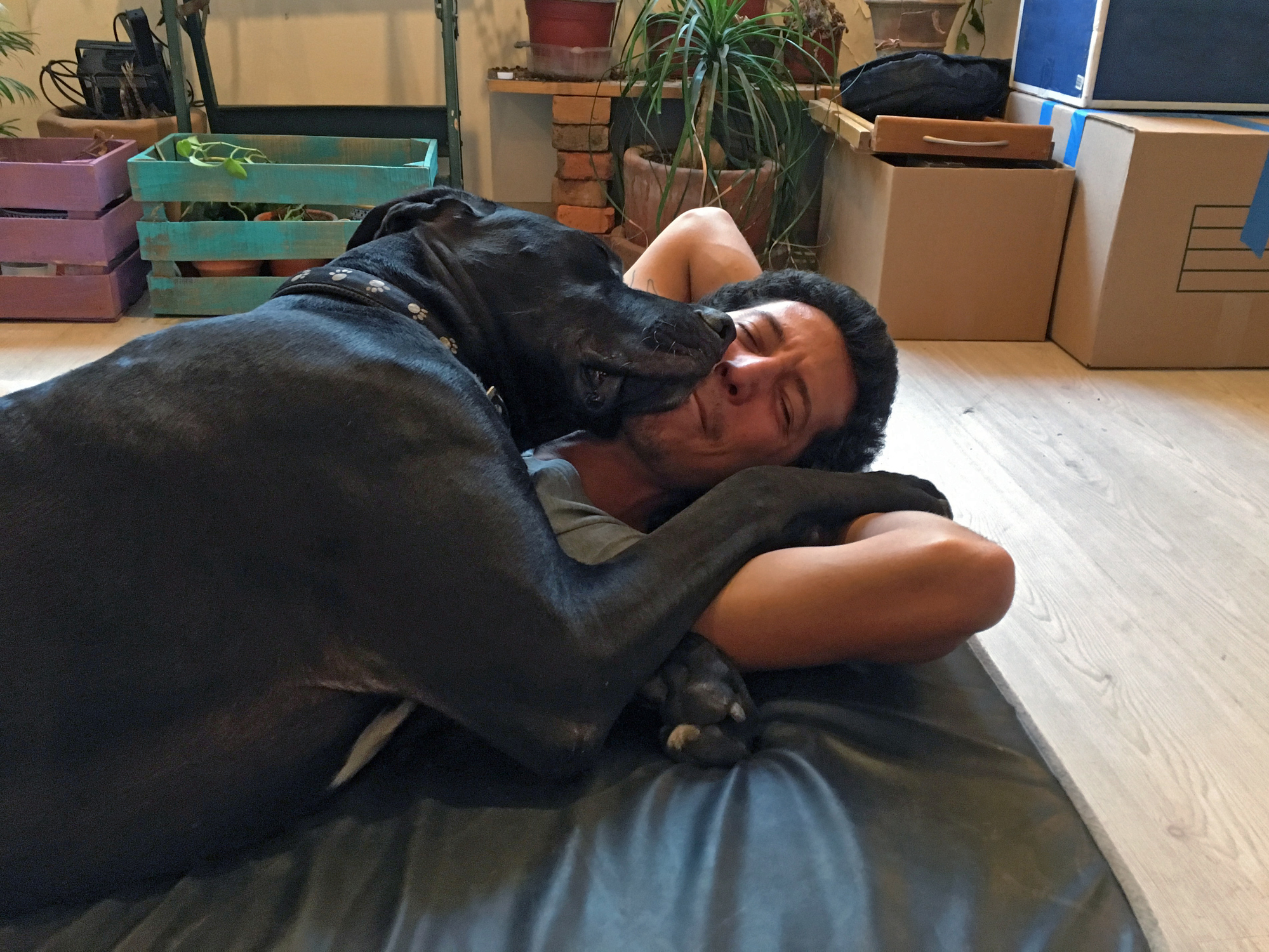Every pet breed has its quirks—and some come with specific health risks you need to be aware of. Whether you’ve got a snub-nosed pup or a long-bodied cat, knowing what to expect helps you prevent problems early and keep your furry friend thriving.
Why Breed Matters
Breed isn’t just about looks or personality—it plays a huge role in your pet’s health. Years of selective breeding for specific traits (like size, coat, or nose shape) often come with trade-offs. That’s why understanding your pet’s unique health profile is key to proactive care.
Flat-Faced Breeds: Breathing Trouble Ahead
Dogs like Pugs, Bulldogs, and Frenchies (and even Persian cats) are known for their adorable smooshed faces—but that cuteness often comes at a cost. These “brachycephalic” breeds can struggle with:
-
Breathing difficulties
-
Overheating
-
Snoring and sleep apnea
Watch out for: Labored breathing, intolerance to heat, and loud snoring. Keep them cool in hot weather, avoid overexertion, and consult your vet if breathing worsens.
Large Breeds: Joint and Bone Concerns
Larger dogs like German Shepherds, Great Danes, and Labradors often face orthopedic issues like:
-
Hip dysplasia
-
Arthritis
-
Bloat (gastric torsion)
What to do: Choose joint-friendly diets, avoid overfeeding, and keep exercise low-impact. For bloat-prone breeds, feed smaller meals throughout the day and limit activity after eating.
Small Breeds: Dental and Trachea Issues
Chihuahuas, Yorkies, and other tiny breeds might be pocket-sized—but their health issues are not. They often deal with:
-
Dental crowding and tooth decay
-
Collapsing trachea
-
Hypoglycemia (especially in puppies)
Tip: Brush their teeth regularly, use a harness instead of a collar, and feed consistent, small meals.
Long-Backed Breeds: Spine Sensitivity
Dachshunds, Corgis, and Basset Hounds are prone to intervertebral disc disease (IVDD) due to their elongated spines.
Prevention: Limit jumping (use ramps if needed), keep them at a healthy weight, and support their back when lifting.
Cats Aren’t Off the Hook
Purebred cats like Maine Coons, Ragdolls, and Bengals also come with breed-specific risks. Common issues include:
-
Polycystic kidney disease in Persians
-
Hypertrophic cardiomyopathy in Maine Coons
-
Joint issues in Scottish Folds
Keep up with regular vet checkups and consider genetic screening if you own a high-risk breed.
Final Thought
Knowing your pet’s breed-specific risks doesn’t mean living in fear—it means you’re ready. With regular vet visits, proper nutrition, and proactive care, many of these conditions can be managed or avoided altogether. Love them, learn about them, and you’ll help them live their best, healthiest life.
Quick FAQs
-
How do I know what health risks apply to my pet’s breed? Ask your vet and do breed-specific research—there’s a lot of great info online.
-
Are mixed-breed pets healthier? Often, yes. Mixed breeds may be less prone to genetic issues but can still develop common health problems.
-
Can I test my pet for genetic conditions? Yes—there are vet-approved DNA tests that screen for common breed-specific disorders.
-
What should I feed my breed-specific pet? Look for food tailored to their size and needs. Large breeds need joint support; small breeds need dental-friendly kibble.
-
How often should I take my breed-prone pet to the vet? At least once a year, but more often for high-risk breeds or seniors.
Yours in Paws,
The PawPaw Team.

